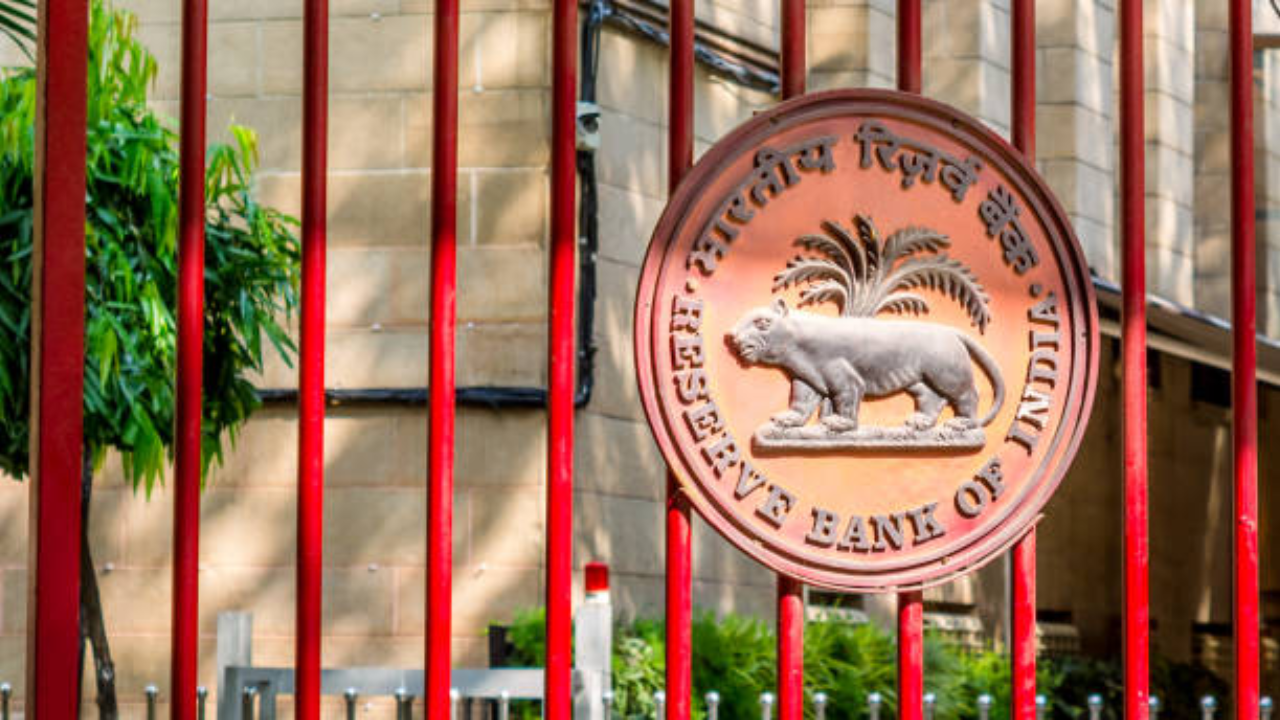ET Poll: RBI likely to maintain status quo on key rates
The Reserve Bank of India (RBI) is expected to maintain interest rates unchanged in its upcoming meeting, according to an ET poll of 14 respondents. This would mark the seventh consecutive time the repo rate, currently at 6.50%, remains steady. Economists suggest that the RBI may wait until August 2024 for any rate changes, citing the need for clarity on monsoon outcomes, sustained economic growth, and US Federal Reserve decisions.
The Reserve Bank of India () is likely to keep unchanged this week as it weighs both robust domestic prospects amid prickly food inflation and a delayed start to the now-evident shallower monetary easing cycle in the US, where policymakers have already announced fewer reductions next year than indicated by earlier dot plots.An ET poll of 14 respondents said the central bank's (MPC) is expected to keep the unchanged at 6.50% at the conclusion of the panel's three-day meeting on April 5.
This would mark the seventh consecutive time the rate-setting committee is expected to maintain the repo rate at its current level.
All Eyes on Rains
The repo rate is the rate at which the RBI lends to banks. "The policy stance is unlikely to be changed before the August 2024 MPC review, until there is visibility on the monsoon turnout, the sustenance of the growth momentum and the 's rate decisions," said Aditi Nayar, chief economist, . "Consequently, the earliest rate cut is only likely in the October 2024 meeting."
A majority of the respondents also predicted a on the RBI's monetary policy stance of withdrawal of accommodation, with several economists saying the central bank would prefer to observe the progress of the monsoon before demonstrating any tilt toward a softer monetary policy.
India's Consumer Price Index inflation was at 5.09% in February, steady versus 5.10% a month ago, latest data showed. While the headline retail price gauge is within the MPC's 2-6% tolerance band, it still remains some distance away from the 4% target.
Over the past few months, RBI governor Shaktikanta Das has repeatedly said the central bank is committed to driving inflation down to the 4% target - not just within the tolerance band. As has been the case for several months now, food inflation remained volatile in February, imparting upward pressure on the headline consumer price gauge. However, core inflation, which strips out food and fuel, has displayed a downward trajectory.
Inflation risks
"On inflation, there will be a lot of comfort around core inflation, but they might talk about supply risks, particularly from the global situation, the geopolitical tensions in the Red Sea, and the weather-related variations that continue. It's going to be a policy that will be very 'status quoist'," said Rahul Bajoria, head of emerging markets Asia economics, Barclays.
Key inflation risks include dwindling reservoir levels, price increases by fast-moving consumer goods companies and persistently elevated inflation in certain areas such as education, 's chief economist Madan Sabnavis said. Last week, reports quoted the Asia-Pacific Economic Cooperation Climate Centre as saying that India may receive above-average rainfall during July-September.
Source: Stocks-Markets-Economic Times
